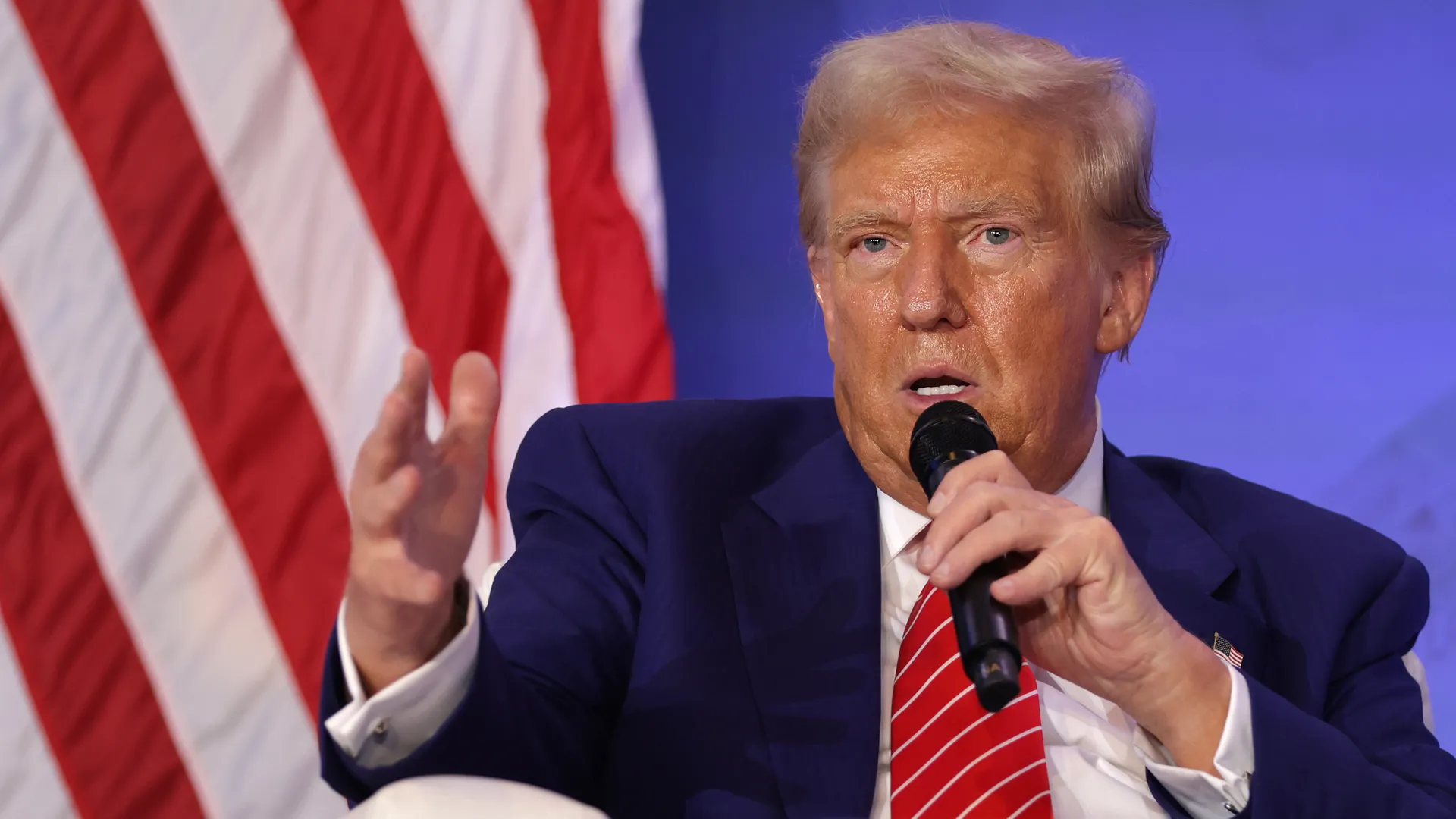Trump and the Changing World Order: Navigating a Global Reset By Ishfaq Gowher
In the ever-evolving landscape of global politics, few figures have left as indelible a mark as Donald Trump. As the 45th President of the United States, Trump’s tenure reshaped international relations, challenged established norms, and ignited debates about America’s role in the world order. While his presidency ended in 2021, the ripple effects of his foreign policy and worldview continue to influence global dynamics.
Disrupting the Status Quo
Trump’s “America First” doctrine was both a rallying cry and a paradigm shift. It prioritized U.S. interests, often at the expense of multilateral agreements and alliances. From withdrawing from the Paris Climate Accord to renegotiating NAFTA into the USMCA, Trump sought to realign global commitments to favor American economic and political objectives.
Critics argued that this approach alienated allies and emboldened adversaries. NATO, a cornerstone of transatlantic security, faced unprecedented challenges as Trump demanded greater financial contributions from member states. His administration’s trade war with China, while addressing long-standing grievances, also disrupted global supply chains and heightened economic uncertainties.
The Pivot to Power Politics
Trump’s presidency underscored a return to great power competition. Relations with China and Russia became focal points of his foreign policy. The U.S.-China relationship saw heightened tensions over trade, technology, and territorial disputes in the South China Sea. Simultaneously, Trump’s apparent affinity for authoritarian leaders like Vladimir Putin sparked debates about America’s commitment to democratic values on the global stage.
In the Middle East, Trump’s unconventional approach yielded mixed results. The Abraham Accords, normalizing relations between Israel and several Arab states, marked a historic diplomatic achievement. However, the withdrawal from the Iran nuclear deal and the subsequent escalation of tensions with Tehran added to the region’s volatility.
A Legacy of Polarization
Perhaps Trump’s most enduring impact on the world order lies in the polarization he fostered—both domestically and internationally. His administration’s skepticism of global institutions, including the United Nations and the World Health Organization, reflected a broader disillusionment with multilateralism. While some praised his efforts to hold these organizations accountable, others lamented the erosion of collective problem-solving mechanisms.
Global Implications of Trump’s Policies
The legacy of Trump’s policies extends beyond his presidency. His stance on trade redefined economic partnerships, pushing nations to reevaluate their dependence on the U.S. The U.S.-China trade war forced countries to diversify supply chains, fostering regional trade agreements like the Comprehensive and Progressive Agreement for Trans-Pacific Partnership (CPTPP). Similarly, his withdrawal from the Trans-Pacific Partnership (TPP) left a void in U.S. influence in the Asia-Pacific, which China quickly sought to fill.
In Europe, Trump’s criticism of NATO spurred a renewed focus on European defense autonomy. The European Union began taking steps toward building its strategic capabilities, a move that could reshape transatlantic relations. Meanwhile, in the Middle East, the Abraham Accords laid the groundwork for further normalization, but regional instability remains a pressing challenge.
The Road Ahead
As the world grapples with post-pandemic recovery, climate change, and the ongoing war in Ukraine, Trump’s influence remains palpable. His approach to foreign policy—characterized by transactionalism, unpredictability, and a focus on national sovereignty—has reshaped the calculus of global actors. Even after his presidency, Trump’s rhetoric and policies continue to resonate with leaders advocating nationalist agendas.
The changing world order demands careful navigation. The challenges of the 21st century—from technological innovation to the rise of new powers—necessitate a balance between national interests and global collaboration. Trump’s legacy serves as both a cautionary tale and a call to action for leaders seeking to chart a more inclusive and sustainable path forward.
In this era of uncertainty, the question remains: How will the world’s nations adapt to the shifting tectonics of power and influence? As history unfolds, the lessons of the Trump era will undoubtedly shape the contours of the emerging global order.
Conclusion
Donald Trump’s presidency redefined America’s approach to global leadership, leaving behind a world that is simultaneously more fragmented and more interconnected. While his policies and rhetoric have sparked considerable debate, they underscore the need for adaptable, forward-thinking strategies in navigating a multipolar world. The lessons of his tenure—from the power of unilateral action to the consequences of neglecting alliances—offer invaluable insights for policymakers and citizens alike.
As nations continue to recalibrate in this era of uncertainty, the enduring question is whether global leaders will rise to the occasion. The world order, as it stands, remains in flux. How it evolves will depend on the ability of nations to learn from the past, embrace innovation, and prioritize collective progress over divisive agendas. The Trump era may have closed a chapter, but its influence will be felt for years to come.(Feed Back On Ishfaqgowher@gmail.com )
Present By Gulistan News Tv









